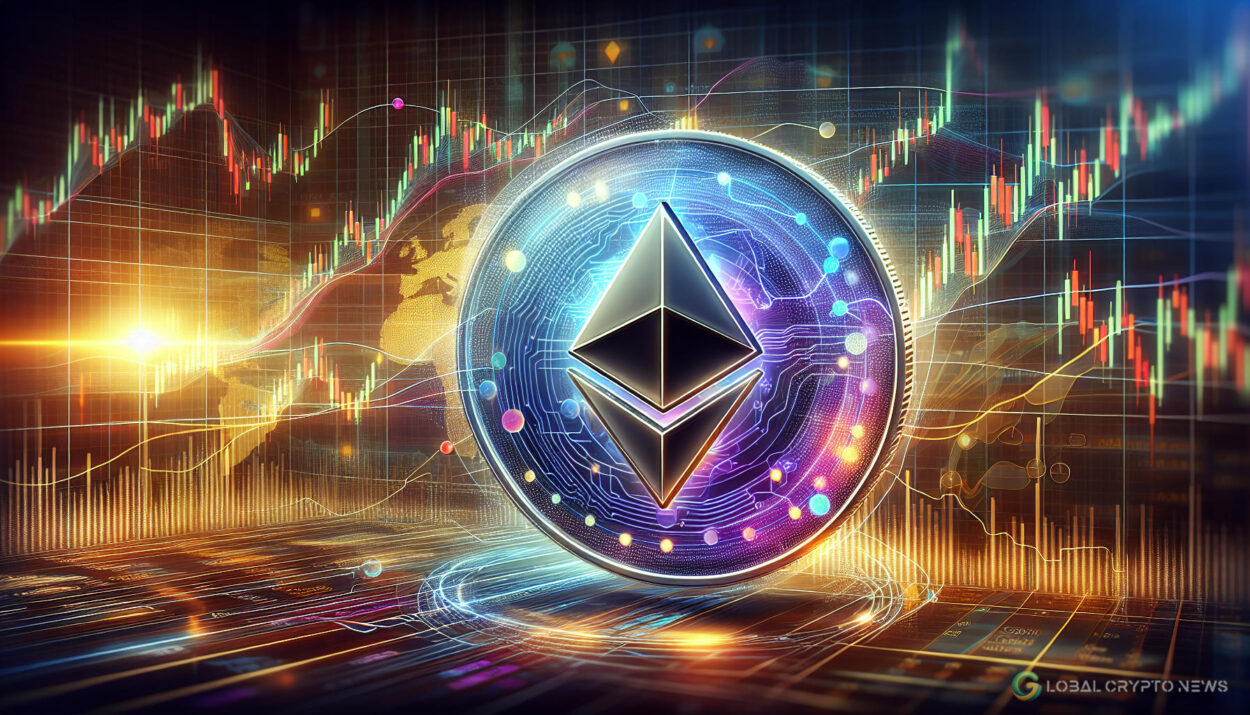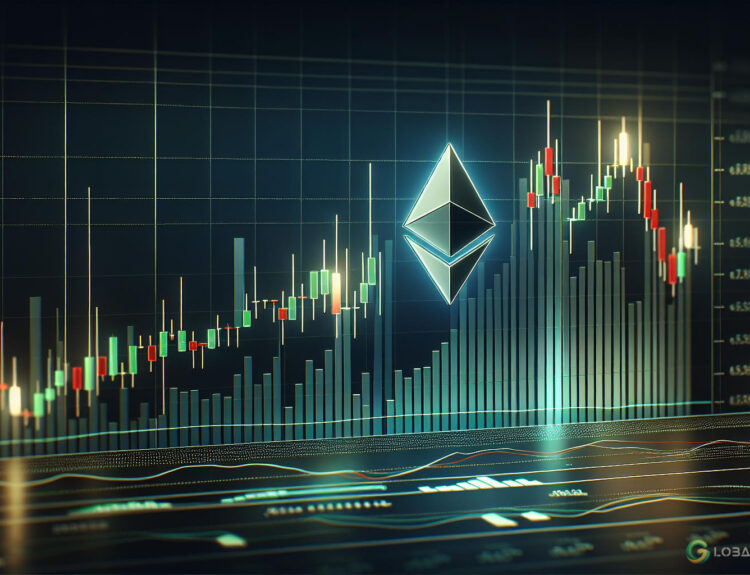The Securities and Exchange Commission (SEC) has approved spot Ethereum ETFs, scheduled to start trading on Tuesday.
SEC Approves Spot Ethereum ETFs
The SEC has approved eight new Ethereum ETFs from companies such as Grayscale, VanEck, Bitwise, Franklin Templeton, and BlackRock. Additionally, the Grayscale Ethereum Trust (ETHE), which holds over $9.9 billion in assets, will be converted into a spot ETF.
This approval is expected to lead many investors to research the best ETF options for maximizing returns.
Top Choices for Ethereum ETFs
Similar to Bitcoin, many investors might opt for the iShares Ethereum Trust (ETHA) or the Fidelity Ethereum Fund (FETH). BlackRock and Fidelity are leaders in the Bitcoin ETF market, managing over $22 billion and $12 billion in assets, respectively.
Fee Comparisons Among Ethereum ETFs
When examining the fee schedules, the Grayscale Ethereum Mini Trust (ETH) appears to be a more favorable option compared to BlackRock’s ETHA. Both funds aim to track the price of Ethereum and utilize the same custodian, Coinbase.
However, there are differences in their fee structures. ETH will start with no fees for six months, after which a 0.15% fee will apply. On the other hand, BlackRock’s ETHA will begin with a 0.12% waiver fee, increasing to 0.25% after the waiver period. Invesco’s QETH will not have a waiver period, while Fidelity’s FETH fee is set to rise to 0.25% in January.
“A 0.25% expense ratio is relatively small, and most people will not feel it since a $100,000 investment will be charged $250 a year. A similar amount in Grayscale’s ETH will cost only $150. All factors constant, ETHA’s fees will be $2,500 in a decade while ETH’s will be $1,500.”
Morningstar recently highlighted the importance of fee differences when comparing similar ETFs. For instance, the SPDR S&P 500 ETF (SPY) and the Vanguard S&P 500 (VOO) ETFs both track the same index but have different expense ratios. SPY charges 0.09%, whereas VOO charges 0.03%.
“VOO earns a top rating of Gold, while SPY earns the next best rating of Silver. The differences may be minimal, but there’s no reason to leave change on the table. VOO charges 0.03%, while SPY charges 0.09%. With all else equal, the fund with the lower fee is more aligned with investors’ best interests.”
For retail investors, it might be beneficial to consider the opportunity cost of buying an ETF versus Ether itself. When purchasing Ether, once the transaction cost is paid, users can earn staking rewards, which are currently at 3.50%. Investing $100,000 in Ether could yield $3,500 in a year and $35,000 in a decade.
For more cryptocurrency news and updates, explore Global Crypto News.






















